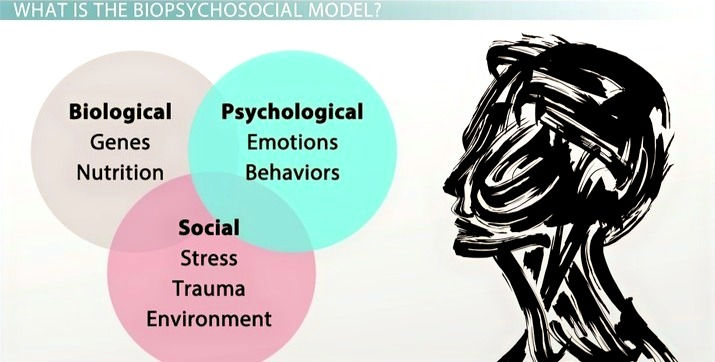What is Health Psychology?
- Tabita kristel
- Nov 21, 2020
- 1 min read
Updated: Jun 16, 2023

A lot of you I imagine have become familiar with the term Psychology, and Counselling, but perhaps not many of you are aware of the different fields within Psychology. Today's post will focus mainly on what Health Psychology is, however the next blog will break down the various roles you might see when looking for therapeutic support for yourself.
Most practising psychologists usually fall under one of these areas of specialisation:
Clinical Psychology
Counselling Psychology
Educational Psychology
Developmental Psychology
Forensic Psychology
Organisational Psychology
Health Psychology is a young and one of the fastest developing areas of Psychology. It originated around 1977 when George L. Engel came up with the biopsychosocial model. In other words, it was the idea that biological, psychological, and social factors can affect illness, and disease.

This is the main model used by health psychologists as they explore how and why people become sick. These health psychologists then support individuals to make choices that have a positive impact on their health, and the people around them. For instance, patients can be suffering from genetic disorders (e.g. Cystic Fibrosis, Sickle Cell Anaemia, etc), substance abuse issues (e.g. alcohol, opioid painkillers, nicotine, etc) and also psychosomatic illnesses (e.g. cardiovascular symptoms, respiratory symptoms etc), and can address and learn better coping mechanisms when working with a Health Psychologist.
Health Psychology promotes healthy behaviours and manages underlying psychological issues such as stress, depression and anxiety. For this reason, it can be said that health psychologists study to become educated on the process of disease, physiology, and the link between the mind and body when there is illness, to support the person manage whatever obstacles he or she is presenting with.


Comments